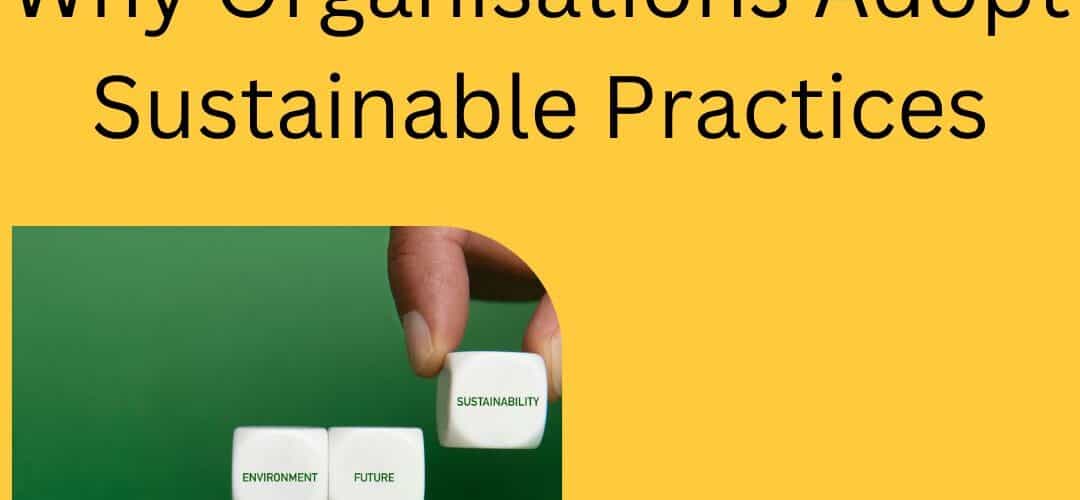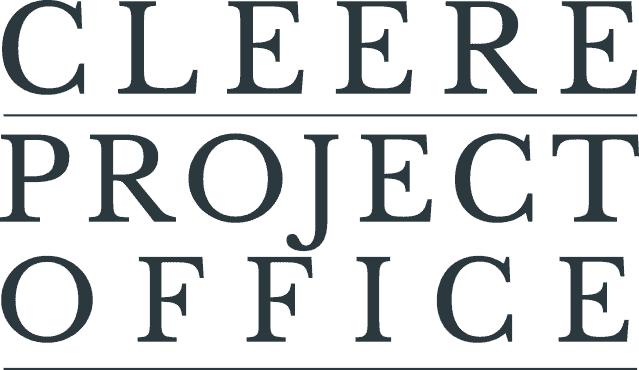
19 Jan
Why Organisations Adopt Sustainable Practices
- Brian Cleere
- No Comment
- Circular Economy, Crisis Management, Environmental awareness, Global Sustainability Goals, Natural Resources, Purpose Driven, Purpose Driven Organisation, Regulatory Compliance, Resources, Sustainability, Sustainable Practices
There are many reasons organisations adopt sustainable practices. Shareholder focus for example in “sin industries” (un.org) such as mining, tobacco, gambling and armaments (forbes.com) mean they need to fundamentally change their business model for substantial sustainable development.
If we consider the drivers for sustainability as indicated in figure 1.0 (GPM Reference Guide for Sustainable Project Management) we see that Risk Mitigation and Brand Protection are currently the main drivers for organisations to adopt sustainable practices. Some of the reasons for this are:
- The organisation has difficulty defining the value of sustainability
- It is perceived that sustainability will hurt the bottom line
- It is difficult to measure precisely what sustainability is
- Metrics for measuring sustainability are many and confusing
- Regulation is weak and reporting can be complicated

Figure 1.0
The level of adoption of sustainable practices in organisations is demonstrated in Fig 1.0 above varying from Crisis management to Purpose driven
Crisis Management is currently the primary reason many organisations adopt sustainable practices e.g. an oil spill or human rights abuses, but it is not an effective motivator for sustainable practices.
Regulatory Compliance is next along this adoption spectrum. Organisations choose compliance to help them demonstrate their level of sustainability e.g. taking account of sustainability in their annual report. However until 2022 reporting was largely voluntary, so organisations could choose which regulations to conform to depending on their trading jurisdiction. Also current regulations are weak on metrics and open to interpretation. Nevertheless, the regulatory landscape is changing rapidly with more regulations becoming law primarily driven by the EU.
Resource Optimisation is the next level of adoption for some organisations who develop strategies to become lean where the focus is on resource continuity and sustainability ensuring reuse and reduction in materials and labour. The Product-Service System (PSS), a business model for optimising the delivery of products is proving successful for these organisations.
Market Differentiation shows a high level of adoption of sustainable practices where organisations are constantly trying to distinguish their offering from their competitors. According to the Harvard Business Review (hbr.org) all goods and services are differentiable. Schneider Electric is an organisation which has put decarbonisation goals at its core. Through a sustainability focus it has differentiated itself from its competitors and is now a market leader in the supply of green energy.
The pinnacle of sustainability adoption however is the Purpose Driven category. Many organisations that are purpose driven by sustainability have become very successful. Ray Anderson, former CEO of Interface Inc. a commercial flooring business, transformed a flagging business through a purpose driven focus on sustainability starting in the 1990s. His vision linked sustainability with profitability and employee welfare. Ray’s business case for sustainability included all aspects of the organisation and identified a comprehensive stakeholder approach requirement to succeed.
Project Management capability is proven to deliver organisational change initiatives, new and enhanced products, and services. Today organisations employ project managers and various project management methods proven to assist organisations meet their objectives.
Sustainability objectives, whether they are focused on regulatory compliance or purpose-driven will be best delivered with project management capability.
In a recent GPM* study, (www.greenprojectmanagement.org, 2022) of over 1000 executives surveyed, 96% believe that projects and project management are integral to sustainable development. All believe that Project managers should understand how important sustainability is to their project.

*Green Project Management (GPM) is a global organization that advocates for sustainability in the Project profession greenprojectmanagement.org)
Cenit College is a multi-accredited Irish training company that’s been delivering progressive and innovative learning programmes since 2001.

Get ahead with delivering your projects sustainably with our certified course here https://www.cenitcollege.ie/course/prism-practitioner-course/
#sustainabledevelopment #projectmanagement #circulareconomy #globaldevelopment #environmentalawareness #crisismanagement #regulatorycompliance #differentiationmatters #resources #purposedriven #purposedrivenbusiness
